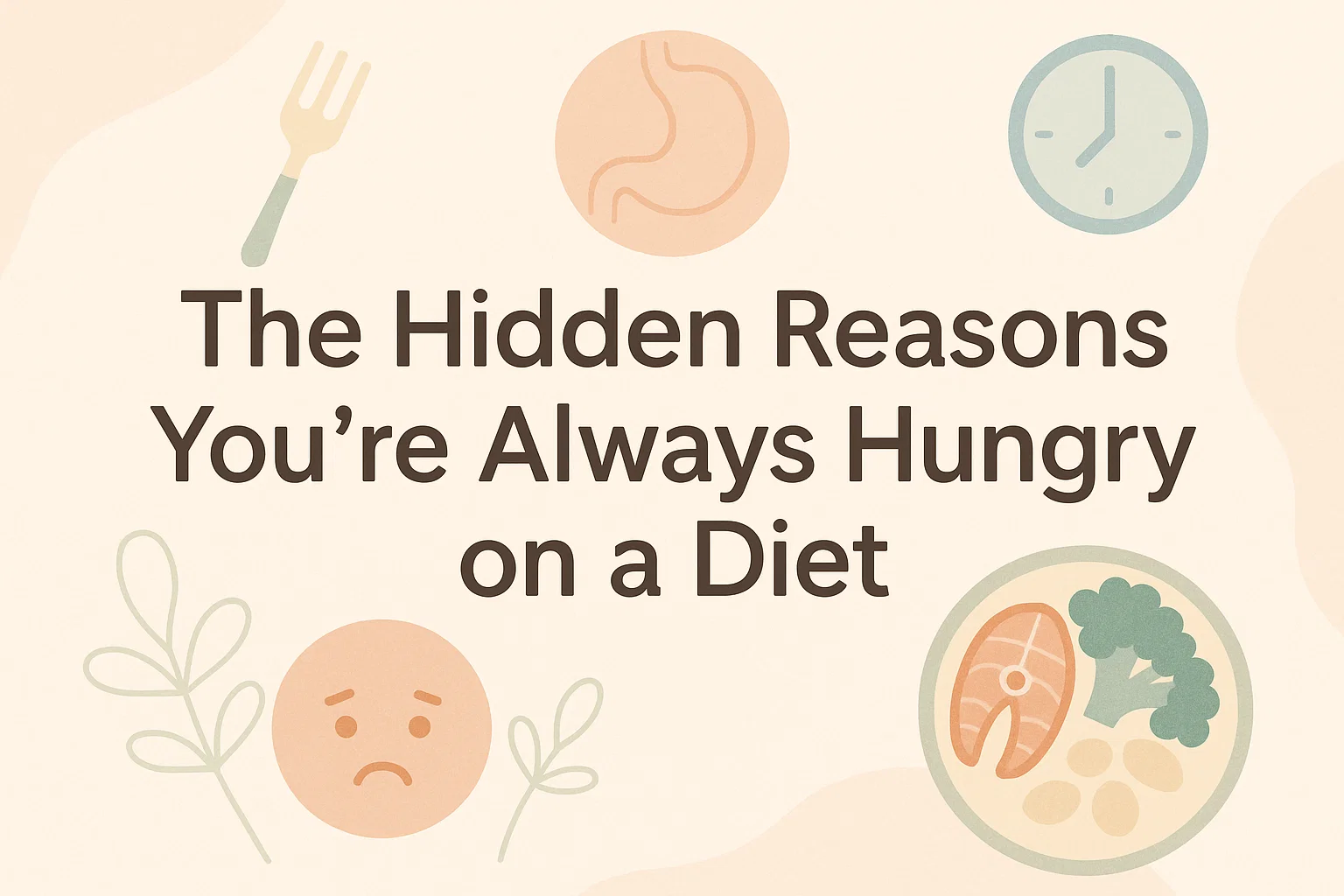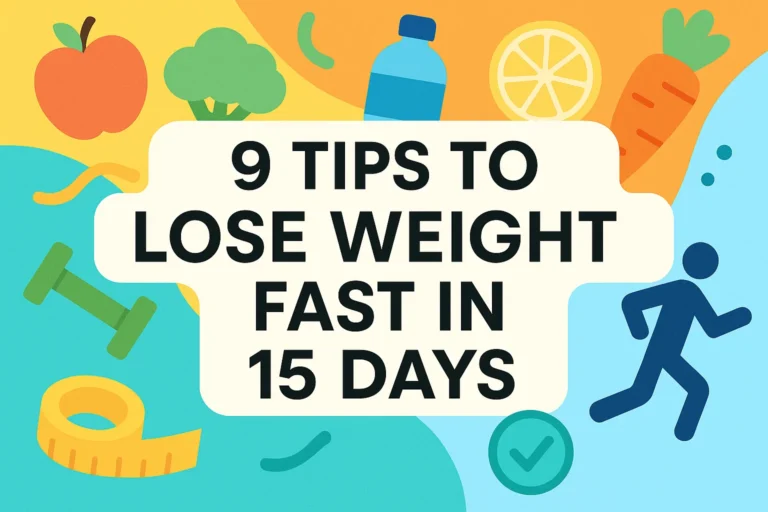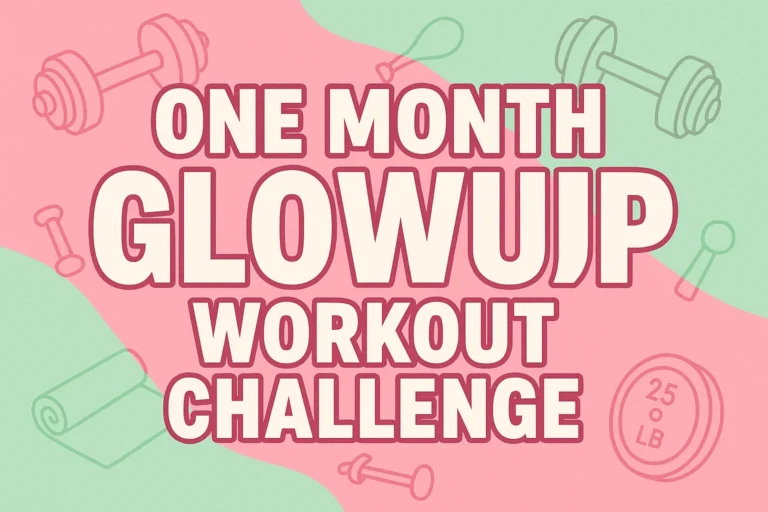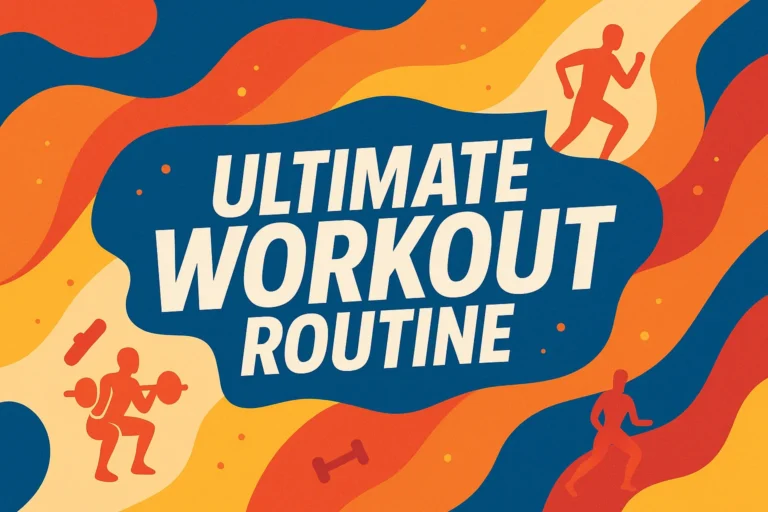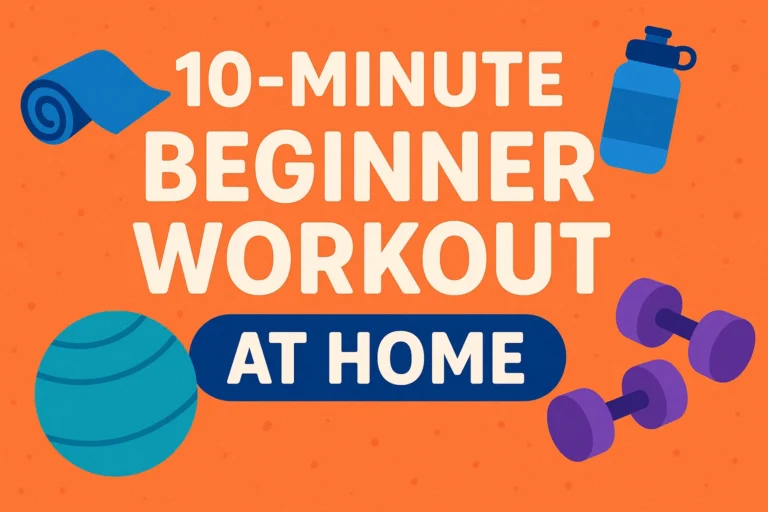The Hidden Reasons Youre Always Hungry on a Diet Unlock Weight Loss Success
The Hidden Reasons You’re Always Hungry on a Diet: Unlock Weight Loss Success
Ugh. That gnawing, all-consuming feeling in your stomach. You started this new diet with so much motivation, and now all you can think about is the loaf of bread calling your name from the kitchen. You’re not weak. You’re not a failure. You’re just… insatiably, hangrily hungry.
Been there. I’ve stared down a celery stick with the fury of a thousand suns, wondering why my body was betraying me. But here’s the secret I finally figured out: constant hunger isn’t a personal flaw; it’s a signal. Your body is trying to tell you that something about your approach is off. Let’s decode those signals together and get you from hangry to happy and on track for real success.
You’re Eating the Wrong Kind of “Healthy”
We’ve all fallen for it. The “fat-free” cookie that’s basically sugar and air. The “low-calorie” meal replacement shake that leaves you rummaging for real food 20 minutes later. IMO, this is the biggest trap in the dieting world.
The Protein Problem
Think of protein as your hunger’s off-switch. It’s the most satiating macronutrient, meaning it keeps you feeling full and satisfied way longer than carbs or fats. If your diet is all salads with a sprinkle of chicken, you’re setting yourself up for failure.
Skimping on protein is like trying to heat your house with a candle—ineffective and you’ll be cold (or in this case, hungry) again immediately. Your body burns through simple carbs and sugars quickly, leaving you with an energy crash and a growling stomach.
The Fear of Fat
For decades, we were told fat was the enemy. Well, it’s time for a reunion tour with healthy fats! Fats slow down digestion, which helps stabilize your blood sugar and keeps those hunger pangs at bay.
I learned this the hard way. I’d have a “perfect” low-fat breakfast and be a ravenous monster by 10:30 AM. Now, I add half an avocado to my eggs or a tablespoon of almond butter to my smoothie. That simple change? Game-changer. I finally made it to lunch without plotting a heist on the office snack drawer.
The Fiber Factor
Fiber is the unsung hero of fullness. It literally bulks up in your stomach and takes its sweet time moving through your digestive system. Are you eating lots of leafy greens and vegetables, but still hungry? You might need more soluble fiber—the kind found in oats, apples, beans, and Brussels sprouts. It forms a gel-like substance that is fantastic for promoting satiety.
Your Portions are a Mess (And It’s Not Your Fault)
We live in a world of supersizing. Our perception of a “normal” portion is completely distorted. But the other issue? We often undereat in a misguided attempt to lose weight faster.
The Calorie Catastrophe
Slashing your calories too drastically is a one-way ticket to Hunger Town. Your body is a smart, survival-oriented machine. When it senses a major energy deficit, it fights back. It ramps up production of ghrelin (your hunger hormone) and dials down leptin (your fullness hormone). Basically, your biology is screaming, “FEED ME!” because it thinks you’re in a famine.
The Volume Eating Victory
Here’s a cool trick: you can actually eat a larger volume of food for fewer calories. How? Load up on non-starchy vegetables. A huge bowl of spinach with your meal adds bulk and fiber for barely any calories. Compare eating 200 calories of broccoli to 200 calories of crackers. Which one do you think will fill you up more? (Spoiler: it’s not the crackers.)
Your Lifestyle is Working Against You
Sometimes, the issue isn’t what’s on your plate, but what’s happening in your life.
Sleep? What’s That?
Ever notice you’re ravenous after a bad night’s sleep? There’s a science to that. Sleep deprivation messes with those hunger hormones we talked about. It sends ghrelin through the roof and crushes leptin. You’re not lacking willpower; you’re lacking REM cycles. Prioritizing sleep is not lazy; it’s a strategic weight loss tool.
Thirsty vs. Hungry
This one sounds like a cliché, but it’s true. The signals for thirst and hunger can feel very similar. Before you reach for a snack, try drinking a big glass of water and waiting 15 minutes. You might find the craving has passed. Proper hydration is essential for every function in your body, including managing hunger.
Stress Eating is a Real Thing
When you’re stressed, your body releases cortisol. This hormone can increase your appetite and drive you toward those comforting, high-carb, sugary foods. It’s a primal response. Finding healthy ways to manage stress—a walk, five minutes of deep breathing, blasting your favorite song—can short-circuit this reaction before it leads you to the cookie jar.
The Sneaky Psychological Hunger Traps
Our brains are tricky. Sometimes, we eat for reasons that have nothing to do with physical need.
Boredom Munchies
You’re not hungry; you’re just… bored. Your brain is looking for a hit of dopamine, and food is an easy source. Next time you feel the urge to snack, ask yourself: “Would I eat a plain chicken breast right now?” If the answer is no, you’re probably not truly hungry. You’re likely just seeking entertainment or distraction.
Restriction Rebellion
The second you tell yourself you can never have pizza again, guess what you’ll obsess over? Pizza. Extreme restriction backfires, big time. It leads to cravings, bingeing, and a whole lot of guilt. The key is to build those foods you love into your plan in a mindful way. Have the pizza! Just maybe have two slices with a giant side salad instead of the whole thing.
How to Fight Back and Finally Feel Full
Okay, enough diagnosing the problem. Let’s talk solutions. Here’s your action plan to silence the hunger for good.
- Prioritize Protein at Every Meal. Aim for a palm-sized portion (or more!) of chicken, fish, eggs, Greek yogurt, tofu, or legumes. This is your number one priority.
- Embrace Healthy Fats. Add a thumb-sized portion of nuts, seeds, avocado, or olive oil to your meals.
- Fill Half Your Plate with Veggies. At lunch and dinner, make non-starchy vegetables the star of the show for volume and fiber.
- Drink Water Like It’s Your Job. Keep a water bottle with you all day. Sip before you snack.
- Stop Drastically Cutting Calories. Calculate a sensible deficit (usually 300-500 calories below your maintenance) and stick to it. No more crash diets!
- Get Serious About Sleep. Aim for 7-9 hours. Think of it as important as your diet plan.
- Ditch the “Good” vs. “Bad” Food Mentality. Allow yourself flexibility. It’s what makes a diet sustainable for life, not just for a week.
Remember, feeling hungry all the time is your body’s way of waving a red flag. It’s not a sign to quit; it’s a sign to change your strategy. Listen to it, give it the nourishing food and healthy habits it truly needs, and you’ll unlock a path to weight loss that doesn’t feel like a constant battle. You’ve got this 🙂 Now go make a meal that will actually satisfy you

